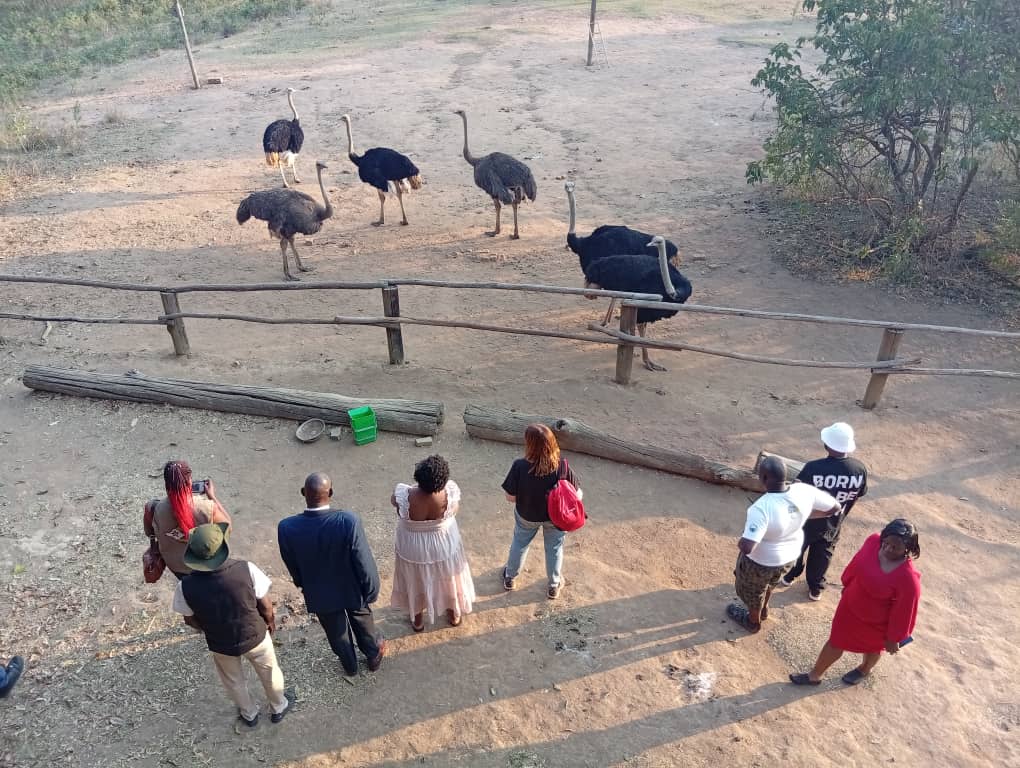A Call for a Locally Owned and Led Model of Wildlife Governance
(Mutema, Mahenye and Chibuwe CAMPFIRE Communities)
The government has tabled 20 proposed amendments to the current Parks and Wildlife Act as part of efforts to “decolonise” regulations in the wildlife governance sector.
From our village perspective in Mutema, Mahenye, and Chibuwe, this Bill must be examined through the lenses of ownership, community participation, devolution of power, and economic dividends from natural resources.
These issues are not abstract — they shape our daily lives as communities who co-exist with wildlife.
Community Participation
The Bill acknowledges community participation through CAMPFIRE structures, but leaves decision-making power largely in the hands of Rural District Councils (RDCs), who are required to work in liaison with the responsible minister.
While this is progress, it still denies direct devolution to communities. True empowerment means ensuring that villagers themselves are recognised as legitimate decision-makers in wildlife governance.
Ownership of Wildlife
The proposed legislation vests ownership of protected animals in the Office of the President, while leaving other animals without a clear owner.
From a village standpoint, this approach undermines accountability and responsibility in wildlife management.
Local communities must be granted elements of wildlife ownership. When we feel genuine ownership, we develop stronger stewardship and ensure more sustainable management of these resources.
Human-Wildlife Conflict (HWC) Relief Fund
The creation of a Human-Wildlife Conflict Relief Fund is welcome news for communities that bear the brunt of losses to crops, livestock, and sometimes even human lives.
However, the administration of this fund rests entirely with central government. From our village gatherings, we recommend broadening its scope beyond financial payouts.
A more durable solution would include physical, social, emotional, intellectual, and occupational support for households affected by recurring human-wildlife conflicts.
Parliamentarians in Chipinge District have a vital role in widening the space for community voices, ensuring transparency, accountability, and access to information. Yet as villagers, we raise these issues cautiously, mindful of the political sensitivities and threats that some of us have already faced from our beloved MPs.
Nonetheless, we believe lawmakers must act as bridges — not barriers — between government policy and grassroots realities.
Call for a Locally Owned and Led Governance Model
From Mutema, Mahenye, and Chibuwe, our message is clear: we need a locally owned, led, and driven wildlife governance model. CAMPFIRE must evolve into a framework that guarantees:
Community ownership of wildlife resources.
Direct participation in decision-making.
Devolution of power closer to the people.
Fair economic dividends that reach households coexisting with wildlife.
Only by centering communities can the Parks and Wildlife Amendment Bill achieve its intended goals of decolonising governance and building a sustainable future for both people and wildlife.
Allanviny Murozvi is a Researcher and Local Governance Practitioner working in Chipinge District.

